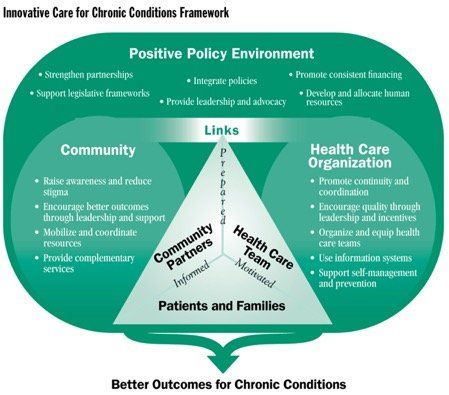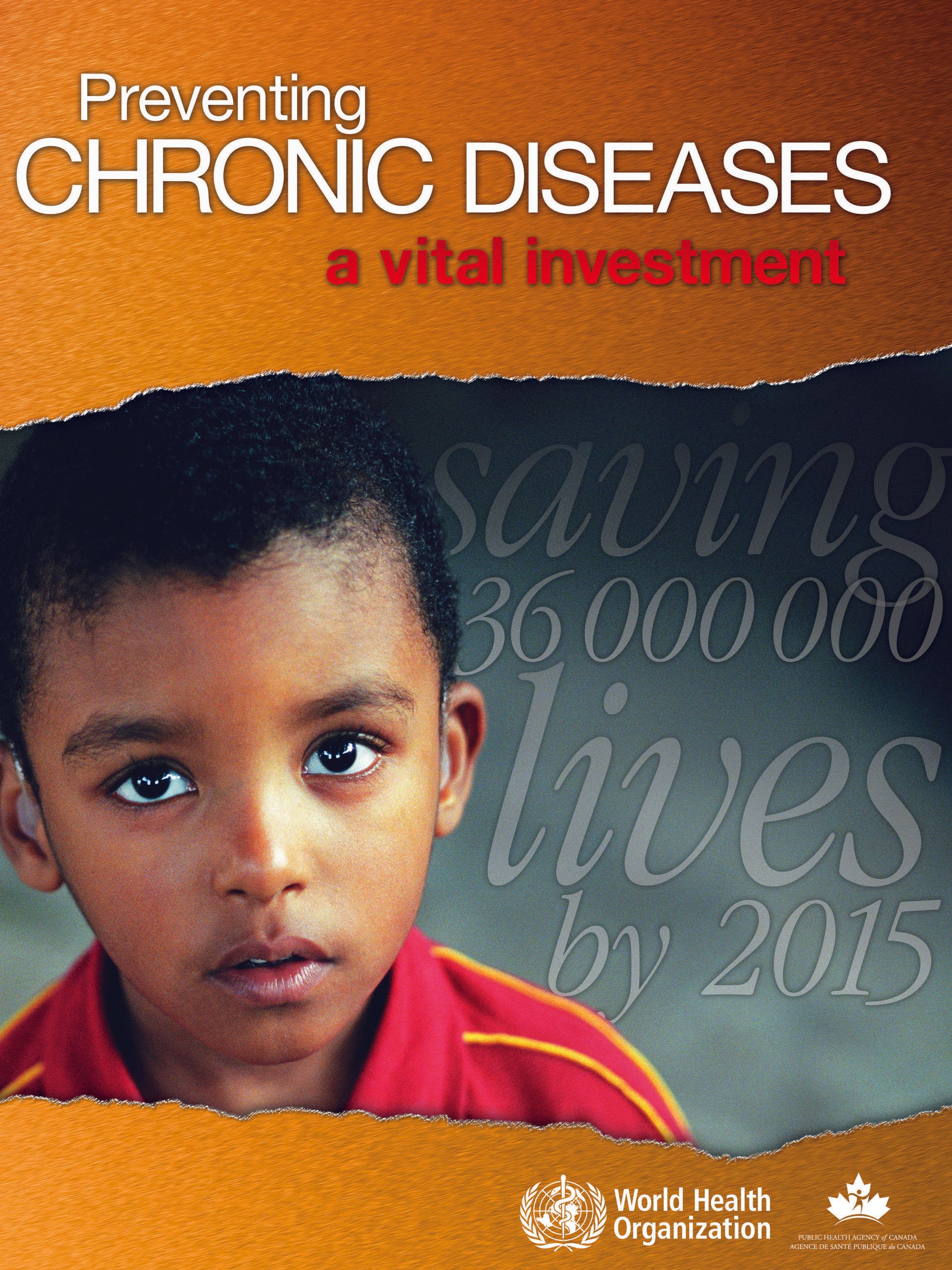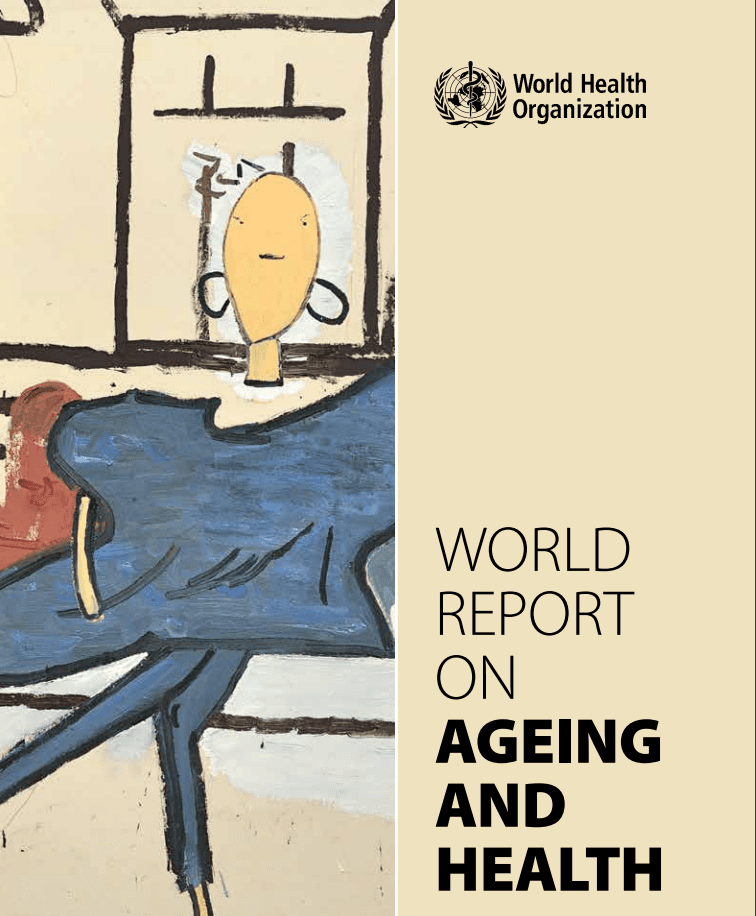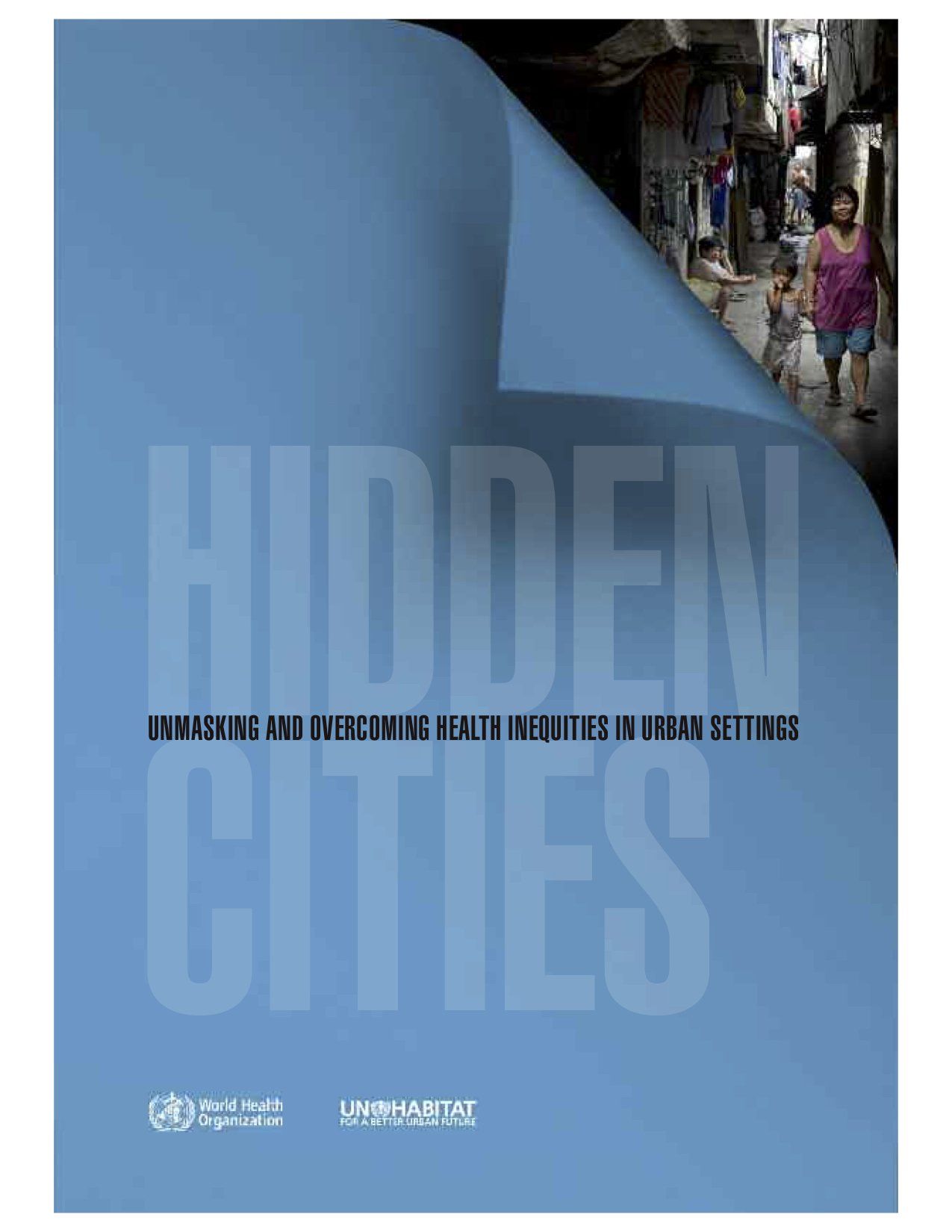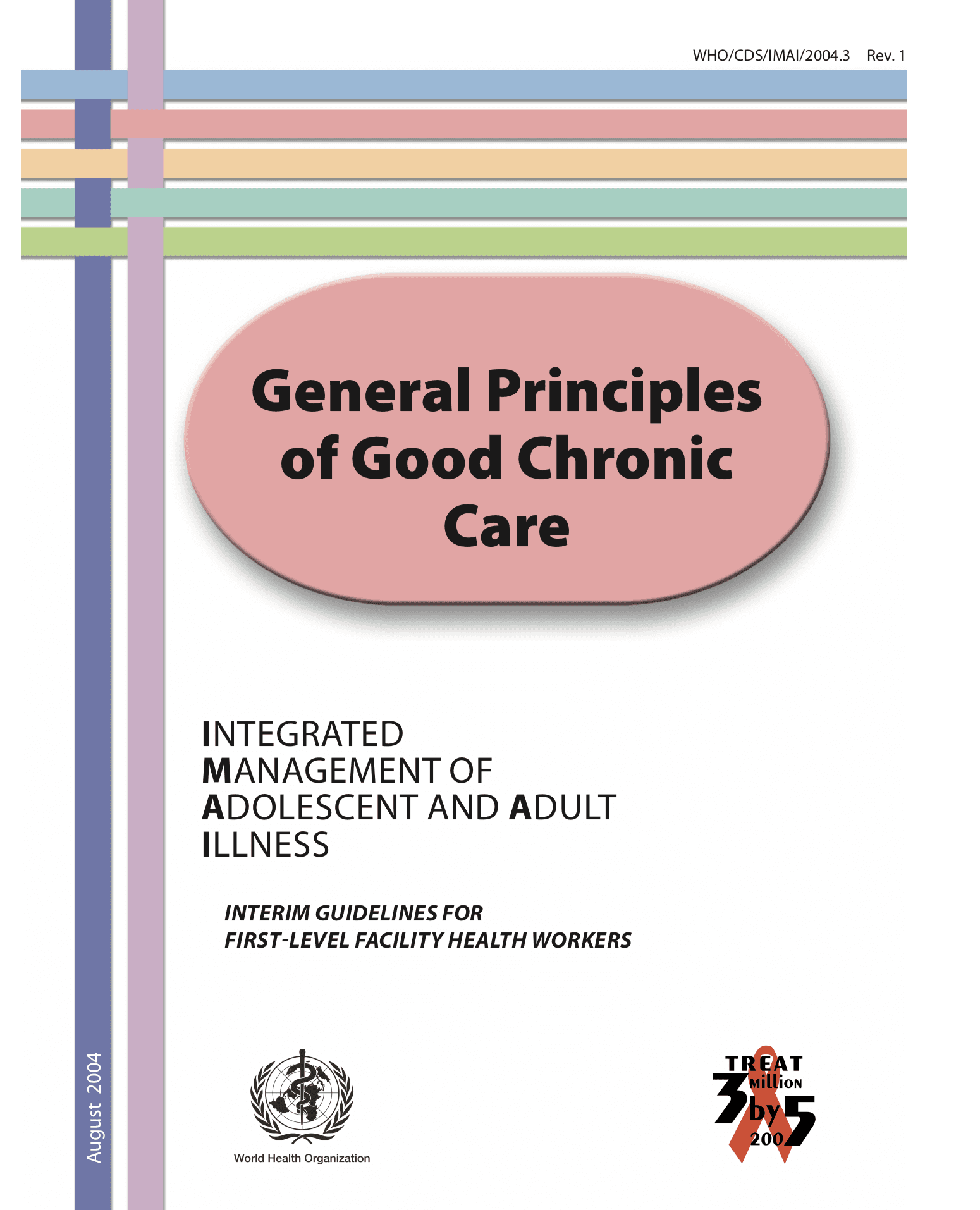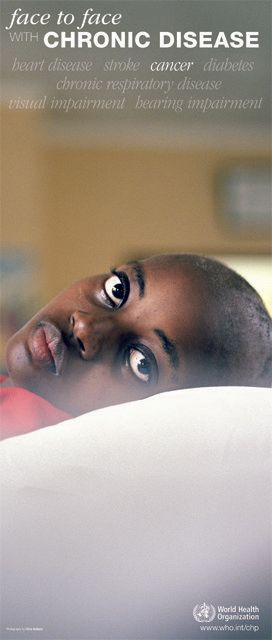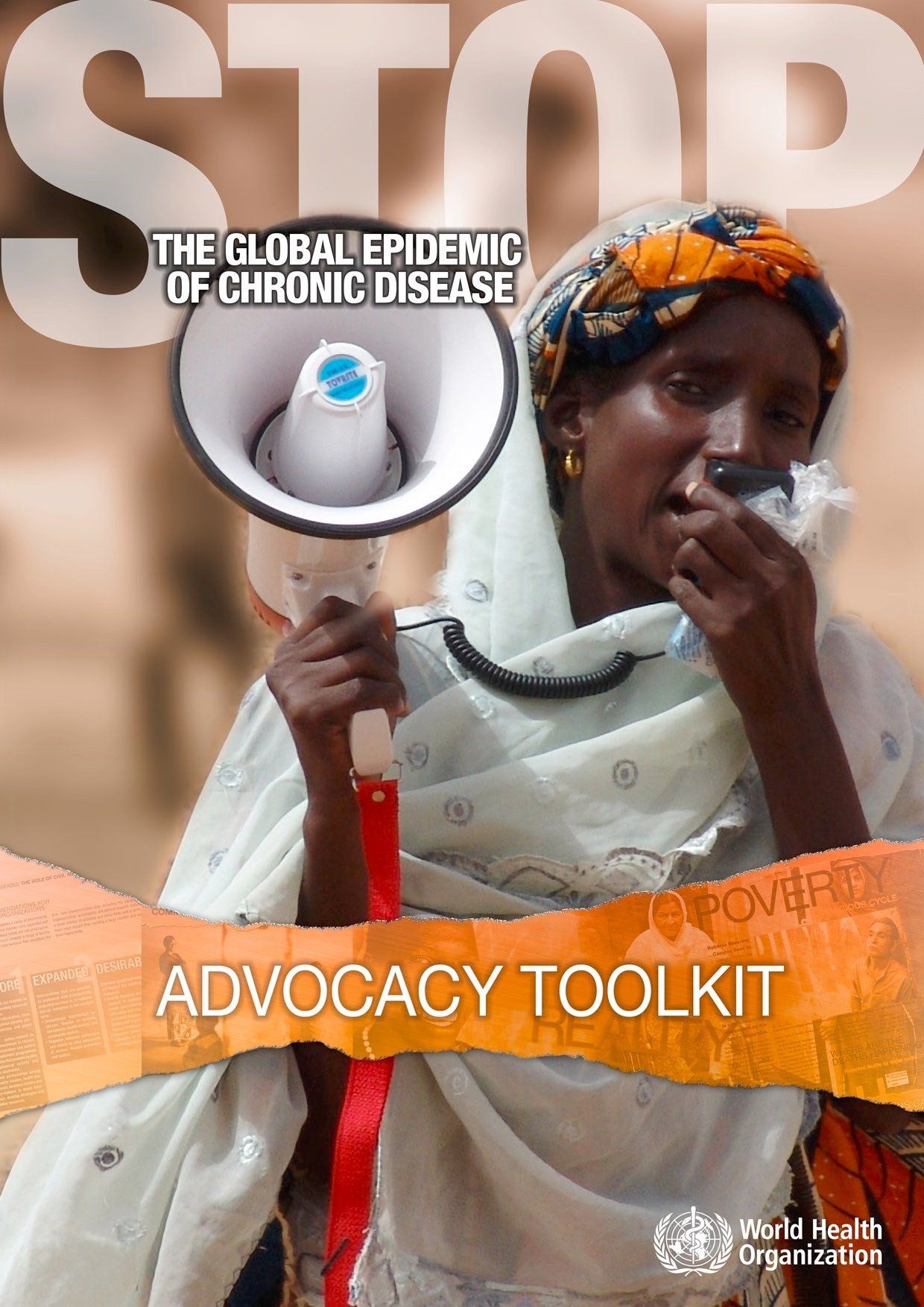GLOBAL HEALTH PROJECTS
-
WHO's Innovative Care for Chronic Conditions Framework
ButtonI led development and global dissemination of this World Health Organization model, which outlined the essential components of an effective health system for chronic disease prevention and management. This framework has been used to guide health-care reform in the USA, Australia, United Kingdom, China, Malaysia, and Ethiopia, among other countries.
-
Preventing Chronic Diseases: A Vital Investment
ButtonI was the managing editor and principal writer of this landmark World Health Organization report, which transformed international thinking about the importance of chronic diseases as part of the global health agenda. The report's findings were covered by major news outlets such as BBC, CNN, and the Washington Post, and subsequent high-level meetings occurred with health leaders from around the world.
-
World Report on Ageing and Health
ButtonI was part of a core group responsible for developing the conceptual framework and writing this World Health Organization report. I co-led the development of the health systems chapter, which calls for a transformation of health systems away from disease-based curative models and towards the provision of older-person-centered and integrated care. I also contributed substantially to the long-term care chapter.
-
Building Back Better: Sustainable Mental Health Care After Emergencies
ButtonI was the managing editor of this World Health Organization report, which features ten diverse case studies from around the world of areas affected by emergency. Lessons learnt and key overlapping practices emerging from these experiences are summarized in the conclusion.
-
Preparing a Health-Care Workforce for the 21st Century
ButtonI managed the development of this WHO global report. Its major premise is that while the world is experiencing a rapid escalation in chronic health problems, the training of the healthcare workforce has generally not kept pace. The report outlines a set of core comptenecies that all health-care workers must possess in order to be effective in modern care. These competencies were subsequently endorsed by the World Medical Asociation, the International Council of Nurses, and the International Association of Patients' Organizations.
-
Hidden Cities: Unmasking and Overcoming Health Inequities in Urban Settings
ButtonThe rapid increase of people living in cities is one of the most important global health issues of the 21st century. This global report, launched jointly by WHO and UN Habitat, highlighted the challenges and opportunities and their effects on the health of all urbanites. I was the chief technical writer of this report.
-
Integrated Management of Adolescent and Adult Illness
ButtonIn remote corners of sub-Saharan Africa and other low-resource countries, primary health workers were trained and supported to deliver state-of-the-art chronic illness care through the World Health Organization’s (WHO) Integrated Management of Adolescent and Adult Illness (IMAI) programme. I conceptualized and wrote IMAI's module on General Principles of Good Chronic Care. This module incorporated evidence-based principles of chronic disease management into a simple approach that was understandable and usable by primary health workers. Proven intervention components, such as patient monitoring systems, multidisciplinary health care teams, evidence-based guidelines, and support for patient self-management – were embedded within the approach.
-
Self-Help Plus (SH+)
ButtonI was part of a core team engaged by the World Health Organization to develop a guided self-help package for people affected by adversity, such as natural disasters or armed conflicts. The self-help package is derived from Acceptance and Commitment Therapy (ACT). This approach was chosen after a review of different therapeutic modalities and their applicability to a wide range of adversity-affected populations.
-
Face to Face with Chronic Disease
ButtonOn behalf of WHO, I conceptualized and directed a series of photo stories about people with chronic disease in low- and middle-income countries. These real-life stories depicted the diversity of people affected by diseases such as heart disease, stroke, diabetes, cancer and preventable blindness.
Stop the Global Epidemic of Chronic Diseases: Advocacy Toolkit
I designed and developed this World Health Organization advocacy toolkit, which equipped its users with essential health advocacy skills through a simple seven-step process, and provided them with a range of practical advocacy tools for immediate use or local adaptation.

